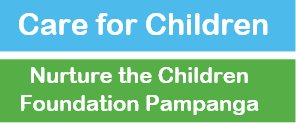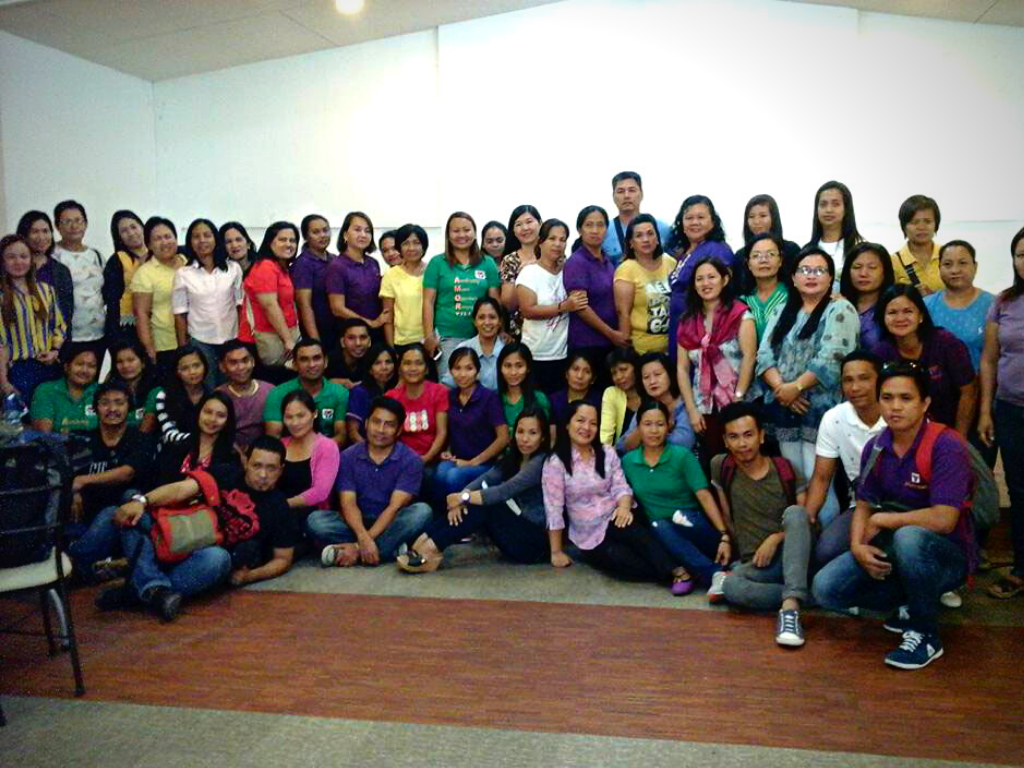It is really with great privilege that we were given such a great opportunity to acquire knowledge from Care for Children friends in Holland to be able to implement it to our centers here in the Philippines and share to others for the welfare of our children. We hope to continue improving our ways to understand them better and help them progress.

TRAINING on “Understanding and Management of Children and Adults with Special Needs”
I. OBJECTIVES
- The participants will be able to improve awareness and understanding of the nature of children with special needs, necessary interventions and management.
- Identify roles and involvement in the case of children with special needs.
- Acquire practical skills, approaches and activities for the care and management of special children.
II. TRAINING CONTENTS
1. Day Care Services for Children and Adults with special needs
1.1 Review of common disabilities of children
- Down Syndrome
- Cerebral Palsy
- ADHD (Attention Deficit Hyperactivity Disorder)
- Autism
1.2 Management/Interventions for Children/Adults with special needs
- PT/OT (PHYSICAL AND OCCUPATIONAL THERAPY)
- Sensory Stimulation/Integration
- Developmental movement/ Sherborne movement
2. Day Care Services for Normal Children (toddlers)
2.1 Program Services
2.2 Methods of Learning
2.3 Daily Routines/Activities
3. Special Education for Children and adults
3.1 Programs and Services
3.2 Routine Activities
4. Program Planning (Sample Activities)
Other things to Remember:
- Use simple materials like a spoon, a chair or a basket because it is near the reality of life.
- Let the children make their own choice and let them experience what interest them and what senses they want to use.
- Patience- a relaxing approach takes time because it takes time before the child reacts.
- Don’t force the child to do something. It works well when the child is interested and he can learn from it.
- Learn to understand the signals of the child. Don’t train the child, look for the interaction and be interested in what the child does.

Join us in helping them not just to survive but to thrive. With a simple deed of kindness, you can make a big difference in the children’s lives..

